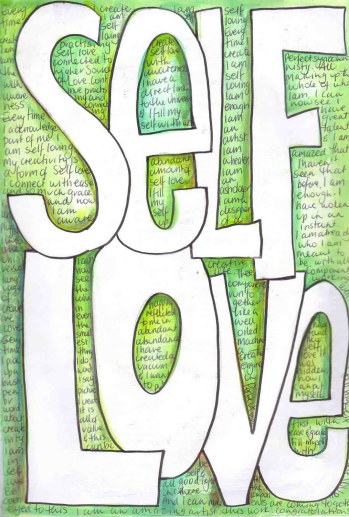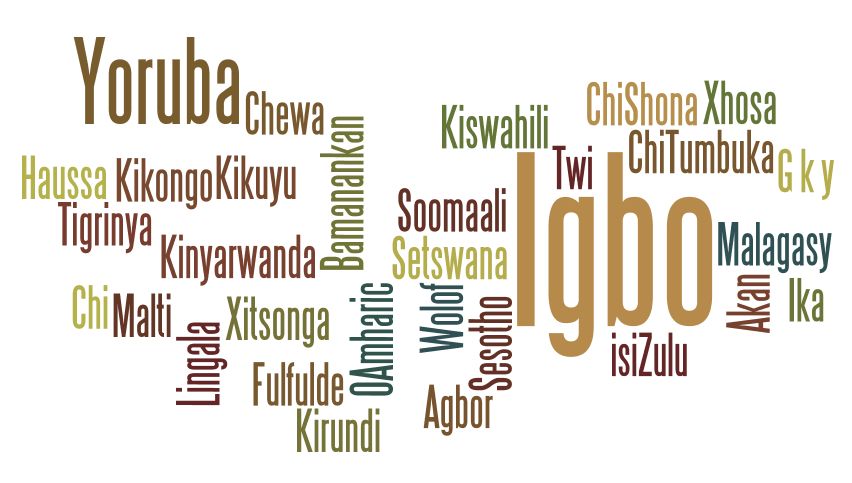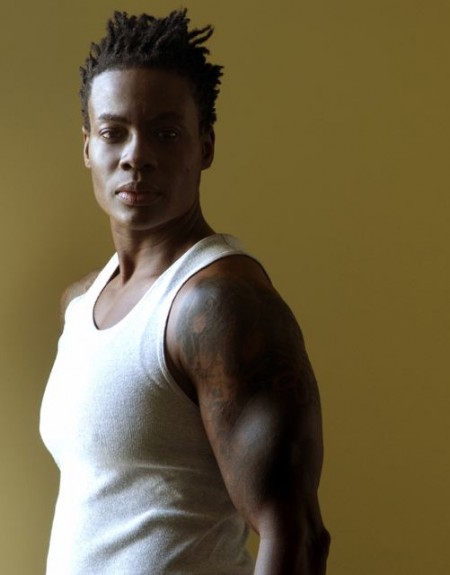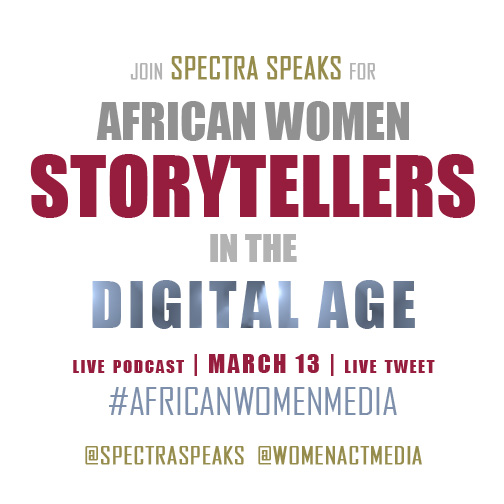I often get requests for practical day-to-day advice for caring for oneself as an activist. It's prompted me to reflect on what it means for activists to really practice self care... not just as some fluffy theoretical concept reserved for the those who can afford fancy yoga retreats, but as…
-
-
A Gay Zulu Wedding and the Danger of a Single LGBT African Story
I've been mulling over the gay zulu wedding fiasco over the past few weeks. I was excited to see it, but something left me unsettled. Here are my thoughts, inspired by a TEDTalk by one of my favorite writers, Chimamanda Adichie, "The Danger of a Single Story."
-
African Feminism - Africans for Africa - Afrofeminism - Blog - Diaspora Diaries - Special Series - The Political, Personalized
What Kind of African Doesn’t Speak Any African Languages? Me.
Last year, I attended a conference about Africa's development. In a session about African identity, we explored the question of whether one could claim to be African without being fluent in their mother tongue. Some said yes. But many said no. For this, I blame colonialism... and Sesame Street.
-
Afrofeminism - Blog - Gender and LGBT Issues - LGBT Africa - My Work - The Political, Personalized - Writing and Guest Blogging
Losing Access to Sisterhood: Tomboys, Masculinity, and the Unmaking of a Girl
When I woke up to International Women's Day celebrations today, the first thing on my mind wasn't politics, but the personal connections I didn't know I would forfeit the minute I stopped wearing skirts, traded in my long hair for a frohawk, and fell in love with a woman. In…
-
Live Podcast: African Women and Girl Storytellers in the Digital Age
On March 13, as part of the Women, Action, and the Media's annual feminist media festival, I'll be hosting a live podcast about African women using media to subvert mainstream narratives about Africa: "African Women Storytellers in the Digital Age." In true kitchen table conversation style, my guests and I…
Online rulet oyunları gerçek zamanlı oynanır ve online slot casino bu deneyimi canlı yayınlarla destekler.
İnternet üzerinden eğlence bahsegel giriş arayanlar için deneyimi vazgeçilmezdir.
Kullanıcıların hesaplarına hızlı ve sorunsuz bettilt ulaşabilmesi için adresi her zaman güncel tutuluyor.




